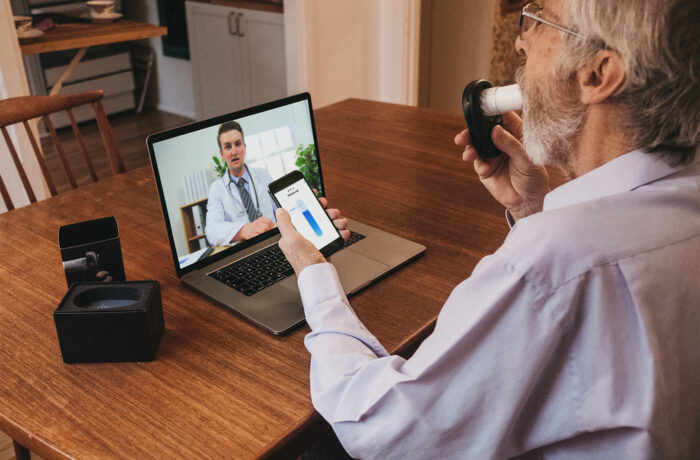Too many NHS Fellowships?
Posted on
Yinka Makinde, Programme Director at DigitalHealth.London, thinks there are too many fellowships designed to develop and mentor staff members to become better change leaders. She explains that the need for fellowships reflects a failing in the system: “we have not yet reached a point where individual NHS organisations are consistently providing this type of direction and coaching to their staff members.”
This month, the second cohort of our NHS Digital Pioneer Fellowship Programme kicked off with its first learning day of the year. Thirty-seven Fellows shared the projects they were leading, the challenges they were facing and their ambitions for the outcomes they sought to achieve. We focused the learning on being clear about the specific problem individuals were trying to solve.
One thing I’ve learned both through my own observations, and first-hand experience of project delivery in the last 15 years of being in healthtech, is that as a system, the NHS is used to seeing digital projects come and go at an uncomfortable level of frequency. The common external factors that often lead to the culling of a project are typically related to insufficient funding and people resource to drive the project, lack of executive visibility and/or sponsorship, and infrastructure challenges stopping the integration or scale of the solution. Ultimately, all of these link back to executive sponsorship.
“The NHS is used to seeing digital projects come and go at an uncomfortable level of frequency”
Having a well-articulated problem, that the executive is bought into solving, or could be convinced to back with the right story, is an important starting point for any project. Being able to answer the “why” and “for who” questions is critical in a cash strapped system that is focused on near-term gain. But also knowing how one will measure success is equally important. These are questions many in roles of digital transformer, change agent, project manager etc are not able to answer in a convincing way. Many are inheriting projects where the solutions have already been committed to and go-live milestones have already been mapped out and agreed, with relatively little thought. To be successful in any project, we must start thinking and articulating answers to some key questions:
- Is the innovation targeting the right aspect of a broader problem?
- Post go-live, how can uptake and use be driven?
- How will outcomes and impact be measured?
- How can we scale it?
- How can this be made sustainable?
If we developed a an approach that asked these five questions when embarking on a project, this would help project teams shift investment towards projects that score strongly. It would also help to cull projects that are badly conceived and have a low probability of success. Money would be better spent, and we would likely see more effective digital transformation taking place.
People often question why we at DigitalHealth.London created yet another Fellowship programme, and a great number will also balk at the more recently launched Topol Fellowship. Why are there so many fellowships? My response to this is simple: we have not yet reached a point where individual NHS organisations are consistently providing this type of direction and coaching to their staff members as part of business as usual.
“A mark of success for all of us will be when the need for fellowships has been superseded by NHS organisations doing what we do, locally, for themselves”
Until we do, and until this becomes part of the psyche across the system, we will be forced to continue with fellowships and other like programmes designed to develop and mentor staff members to become better change leaders. A mark of success for all of us will be when the need for fellowships has been superseded by NHS organisations doing what we do, locally, for themselves.


